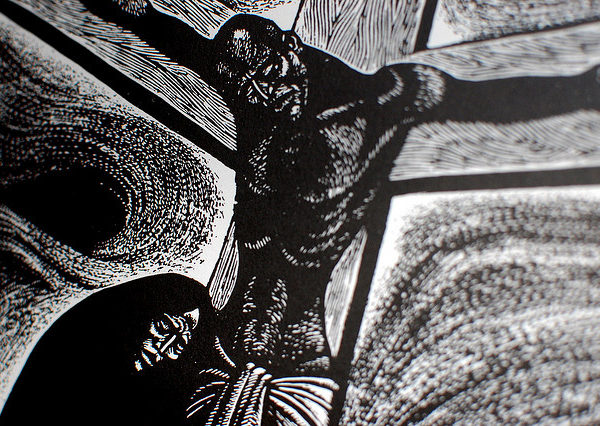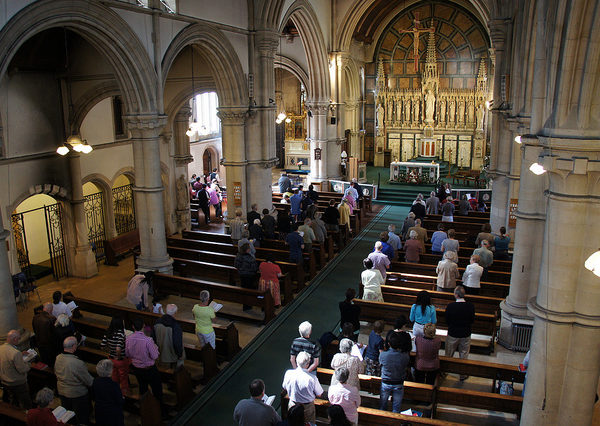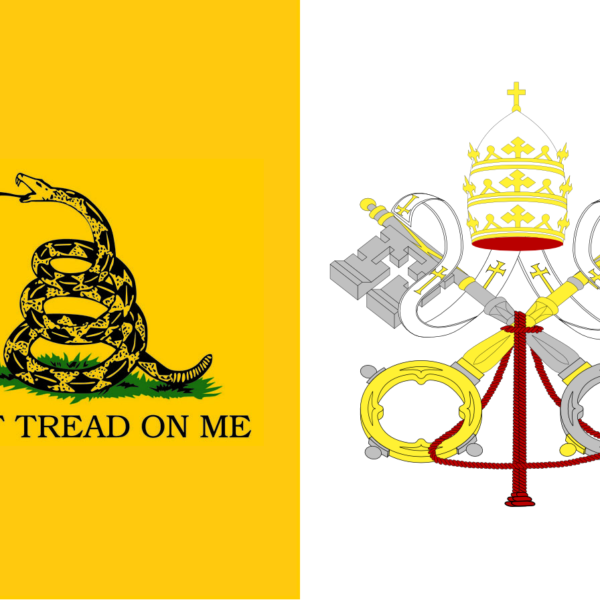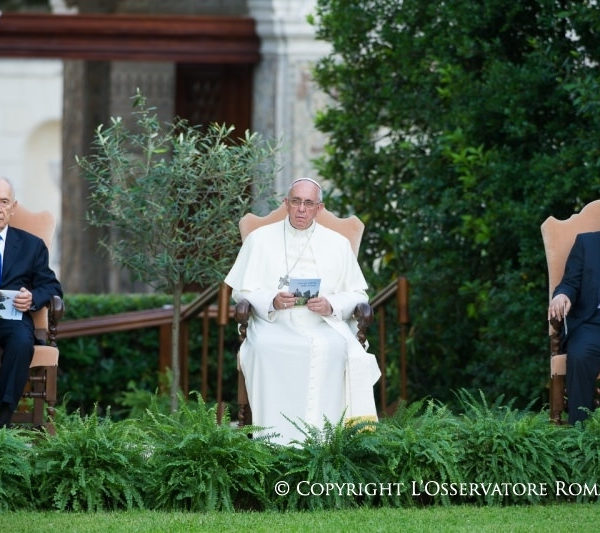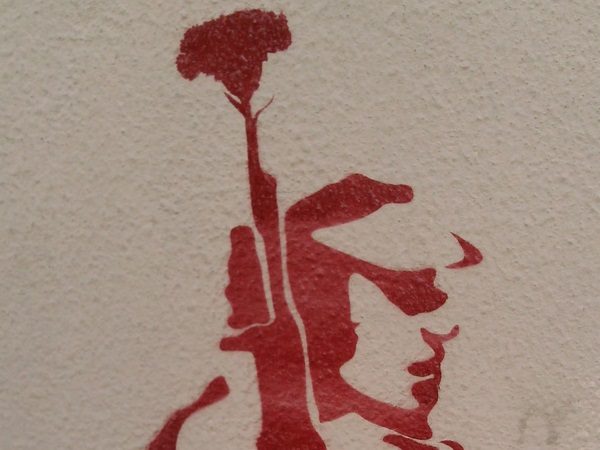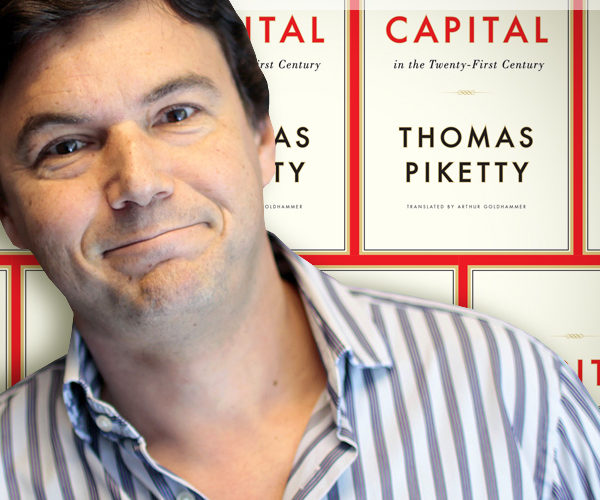
Despite its intimidating size and scope, Capital has the potential to be extremely helpful to scholars and activists concerned with inequality, and I hope to convince at least a few readers of Political Theology Today to add it to their reading lists. Like all economic works, Capital makes claims about what is good for humans, human nature and motivations, and social justice.

Earlier this week, two prominent Catholic political bloggers, Elizabeth Stoker Bruenig and Pascal-Emmanuel Gobry (better known as Pegobry, or just PEG), engaged in a short but sharp exchange on the subject of property rights (see here, here, here, and here). There is not space here for a full discussion (see a longer version of this post here if you are interested in more), but I will seek to add some insight from Thomas Aquinas, who has perhaps done more than anyone to inform the Catholic Church’s reflection on these issues.
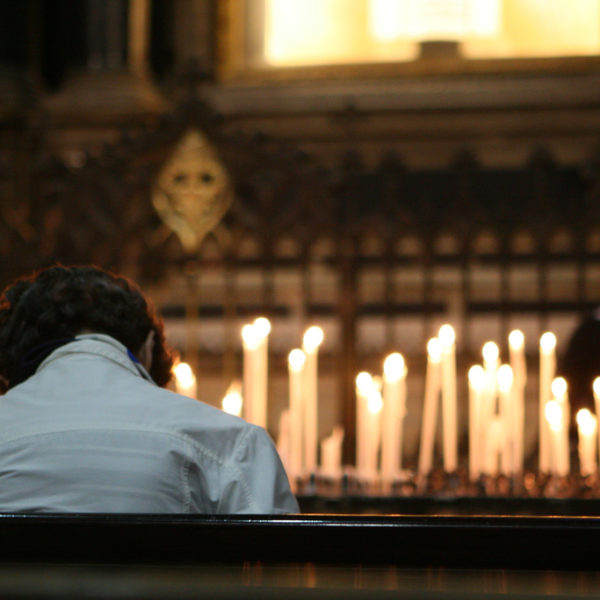
Last month, speaking to a crowd in St. Peter’s Square, Pope Francis declared that “to torture persons is a mortal sin. A very grave sin.” Relating his comments to the United Nations’ International Day in Support of Victims of Torture, the pope condemned “every form of torture and invite[d] Christians to commit themselves to work together for its abolition and to support victims and their families.” These exhortations paint a very different picture than UN Committee Against Torture findings on the Vatican’s handling of sexual abuse within the church.

